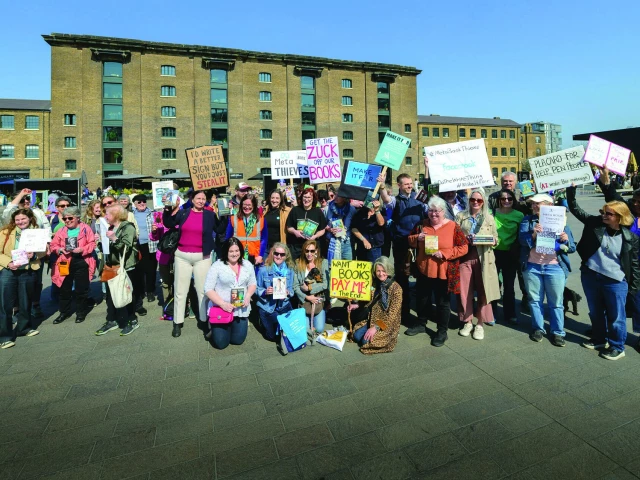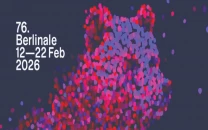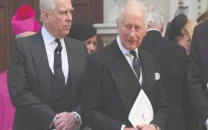With a collective licence, UK authors get a slice of the AI pie
Move ensures writers are paid when their work trains AI

In a major step toward protecting authors' rights in the digital age, UK licencing bodies have announced a "pioneering" new collective licence that will ensure writers are paid when their work is used to train generative AI systems. Created by the Copyright Licensing Agency (CLA) in collaboration with the Publishers' Licensing Services (PLS) and the Authors' Licensing and Collecting Society (ALCS), this first-of-its-kind licence is set to be available to AI developers by the end of 2025, reported The Guardian.
The move has been described as a "significant development" by the organisations involved, offering a workable and fair alternative to the UK government's controversial proposal for a copyright exemption for text and data mining. That plan, currently under consultation, would allow AI developers to scrape and use copyrighted content unless rights holders opt out, a measure widely criticised by the creative industries.
Instead, the collective licence will provide a clear legal route for AI developers to access copyrighted material while compensating the writers and publishers who created it. For authors who don't have the resources or leverage to negotiate directly with tech firms, the licence represents a major shift in power.
"The pioneering licence for the use of text in generative AI, such as in the training and fine-tuning of an AI language model or use in retrieval-augmented generation (RAG), will be the first of its kind in the UK," PLS and ALCS announced in a joint statement. "It offers a cost-effective and convenient solution to AI developers who are required to obtain permission to use content to innovate and develop models."
Protecting creatives
The licence builds on collective licensing principles already in place for commercial text and data mining, and for workplace use of content in AI prompts. The CLA is also set to roll out a commercial text and data mining licence on May 1. This broader infrastructure reflects a coordinated industry push to safeguard content creators as AI becomes increasingly sophisticated and ubiquitous.
Barbara Hayes, CEO of ALCS, emphasised the licence's importance amid growing pressure from members. "When we surveyed our members last year, they made it clear that they expect us to do something about their works being used to train AI," she said. "The government proposal to introduce a copyright exception would give very limited choice, wouldn't remunerate creators or provide any transparency about which works are being used. We're pleased to be working with our partners at PLS and CLA to develop a licence that delivers on these terms for writers."
Indeed, according to the ALCS survey, 81 per cent of writers support the idea of a collective licence if it ensures compensation and transparency, something the opt-out model has failed to guarantee.
This UK-based initiative stands in sharp contrast to the challenges faced across the Atlantic. In the US, major authors and publishers have filed lawsuits against companies like Meta and OpenAI for allegedly training models on copyrighted content without permission. Meta has argued that it's "economically unfeasible" to negotiate with individual rights holders, calling such a process "practically impossible" when millions of works are involved.
The UK's collective licencing model cuts through that Gordian knot by offering a scalable, rights-respecting solution. "Our goal is to provide a clear, legal pathway for access to quality content," said CLA CEO Mat Pfleger. "One that empowers innovators to develop transformative generative AI technologies whilst respecting copyright and compensating rights holders."
Tom West, CEO of PLS, added: "Following an initial consultation phase with publishers last year and significant groundwork over recent months, I am pleased to move forward with this important and much-needed initiative to support an equitable, transparent, and sustainable framework for content use in the age of AI."
As the AI industry continues to reshape the creative landscape, this collective licence could offer a much-needed blueprint, ensuring the future of tech is built not on exploitation, but on fair collaboration.



















COMMENTS
Comments are moderated and generally will be posted if they are on-topic and not abusive.
For more information, please see our Comments FAQ